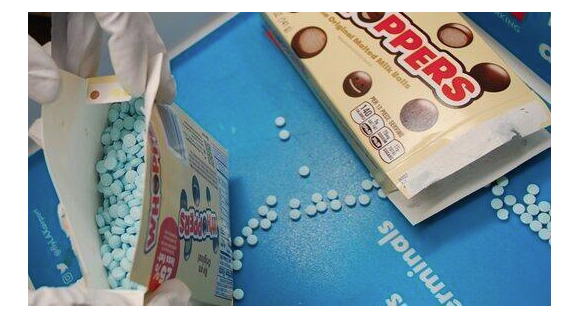Senate Majority Leader Sharon Hewitt, R-Slidell, told The Center Square more than 140 drug overdoses in St. Tammany Parish last year compelled her to address the fentanyl crisis and the makeshift labs driving the deaths.
“We had like eight deaths in 10 days in St. Tammany because of overdoses,” said Hewitt, a Republican candidate for governor. “Every parish has experienced the same kind of problem as we are in St. Tammany.”
“They’re cutting a little bit of fentanyl into other products, making fake pills” with the same shape, color and branding as prescription drugs, Hewitt explained. “It gives … an extra boost to whatever they’re taking.”
Law enforcement officials testified in committee hearings about how first time users of fentanyl are particularly susceptible to overdoses from small amounts of the drug, which many consume unwittingly with the counterfeit pills.
“It’s just really scary,” Hewitt said. “It’s happening everywhere, regardless of zip code or demographic.”
Hewitt’s Senate Bill 49, sent to the governor on Friday, would increase the penalty for creating or operating a clandestine laboratory to manufacture a controlled dangerous substance involving fentanyl or carfentanil. Current law provides for a prison sentence of between five and 15 years, and fine of up to $25,000.
SB 49 increases the penalty for a first conviction to a mandatory 10 to 40 years, and fine of up to $50,000. A second conviction would result in a mandatory sentence of between 30 and 40, without the possibility of parole for the first 10, as well as a fine of up to $500,000.
A third offense would come with life in prison without parole and a fine of up to $500,000.
“We’re taking it very seriously,” Hewitt said, noting the approach reflects similar laws applied to heroin that have since been rolled back.
Law enforcement officers testified during committee hearings that heroin was nearly nonexistent in Louisiana when distribution laws carried a life sentence without the possibility of parole.
Hewitt is also supporting legislation in the House sponsored by Rep. John Stefanski, R-Crowley, and Debbie Villio, R-Kenner, to significantly increase penalties for possession and distribution of large quantities of fentanyl and carfentanil.
SB 49 cleared the Senate with only two opposed, and the House with only four opposed.
“I think it’s really important,” she said. “We hardly had any no votes.”
The legislation is now awaiting the governor’s signature, which Hewitt anticipates is forthcoming.
“It would be my expectation he would support this bill,” she said.





